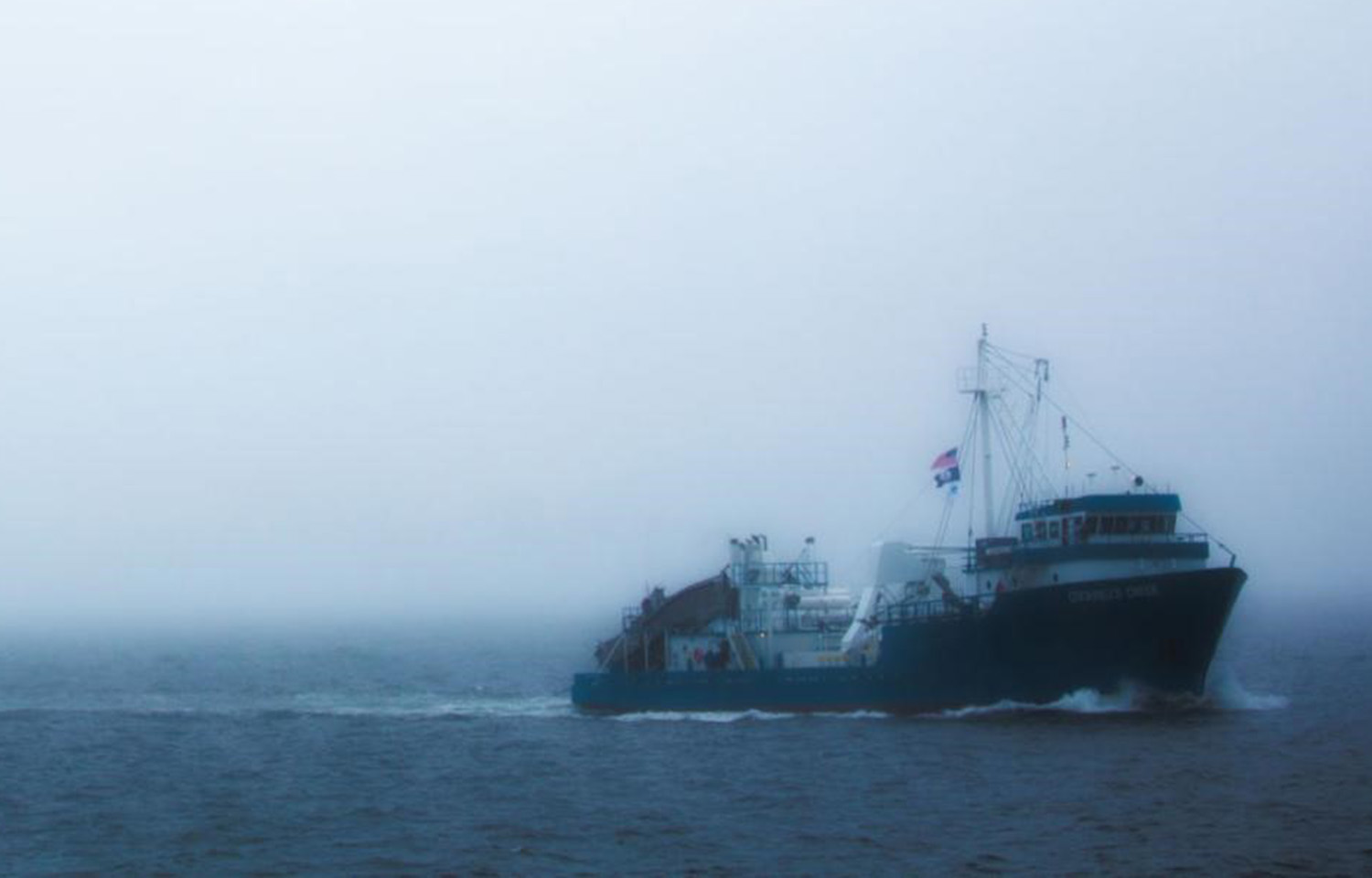A lawsuit filed in 2021 and recently unsealed claims Cooke Inc. violated U.S. law when it acquired Omega Protein in 2017.
If the suit succeeds, the Blacks Harbour, New Brunswick, Canada-based firm could be liable for up to USD 2 billion (EUR 1.83 billion) in fines for exceeding foreign ownership requirements for domestic U.S. fishing fleets.
The lawsuit, filed in New York’s Southern District Court by W. Benson Chiles and Chris Manthey, was unsealed after the U.S. Department of Justice declined to intervene. It alleges Cooke is committing “figurehead fraud” by controlling a large fleet of fishing vessels based in the U.S.
“Defendants ... concealed from MARAD multiple close connections between Cooke and the vessels’ nominal owner, including that he is a long-time Cooke employee and the Cooke CEO’s nephew,” the lawsuit said. “As a result of their fraudulent scheme, defendants have illegally harvested from United States waters many millions of dollars’ worth of fish to which they are not entitled.”
According to the lawsuit, the arrangement violates the American Fisheries Act (AFA). The statutory penalty for violating the act can reach USD 154,000 (EUR 141,100) per vessel for each day it fishes in U.S. waters. When Cooke first acquired Omega Protein, the company had 37 fishing vessels measuring over 100 feet in length, 48 smaller vessels to assist fishing operations, and 27 aircraft to help spot schools of fish from the air.
“Therefore, the total statutory penalty across the many years that defendants have been falsely certifying compliance with the AFA citizenship requirement likely exceeds several hundred million dollars and could exceed USD 2 billion,” the lawsuit said.
The lawsuit claims that if MARAD was aware of the relationship between the company controlling the vessels and Cooke, it would not have allowed the arrangement to move forward.
“MARAD would have determined that the Omega vessels could not operate in the United States commercial fisheries, and defendants would not have harvested millions of dollars’ worth of fish,” the lawsuit said.
The New Bedford Light reported Chiles and Manthey have connections to conservation groups targeting the commercial fishing industry. The two sued Omega Protein in the past alleging its fish oil supplements exceeded the state limits for PCBs, and reached a settlement with the company. In the lawsuit, Manthey is described as a professional investigator and researcher and Chiles is described as working in the fisheries management industry.
Cooke Inc. did not immediately respond to SeafoodSource's request for comment on the lawsuit.








